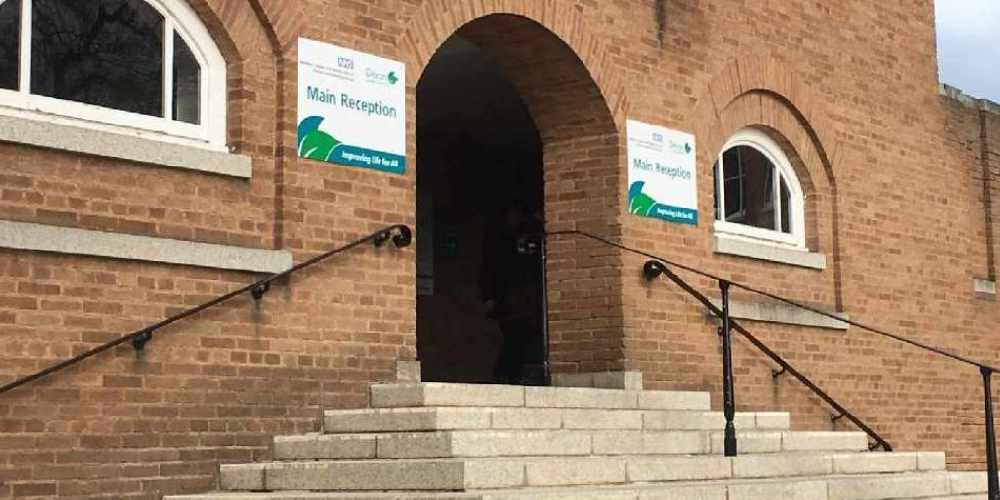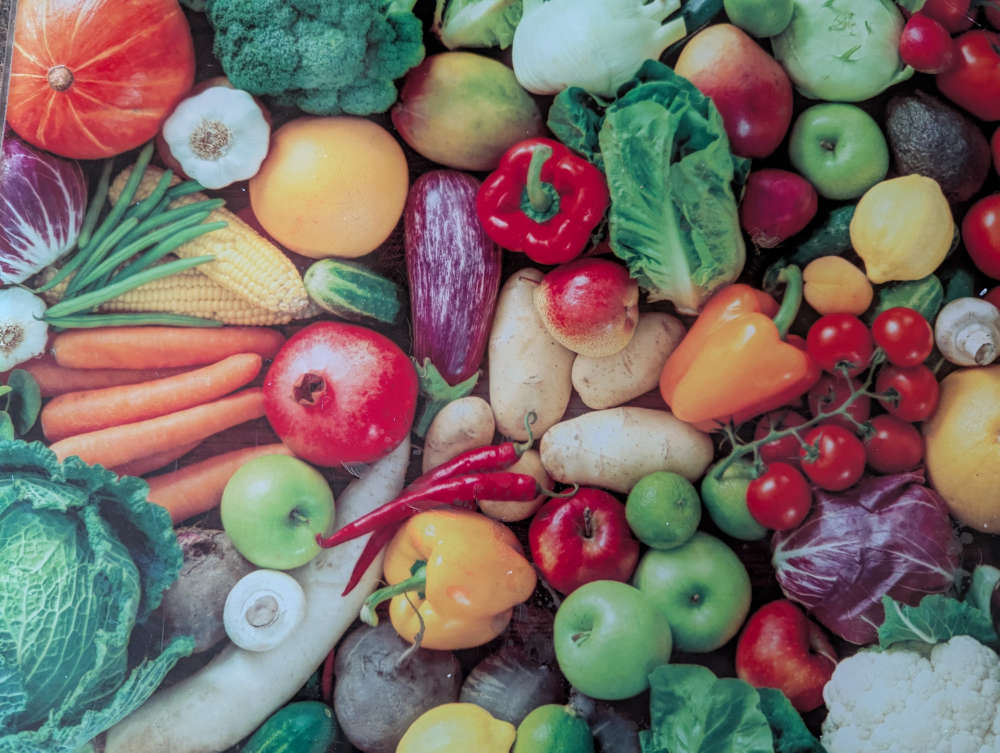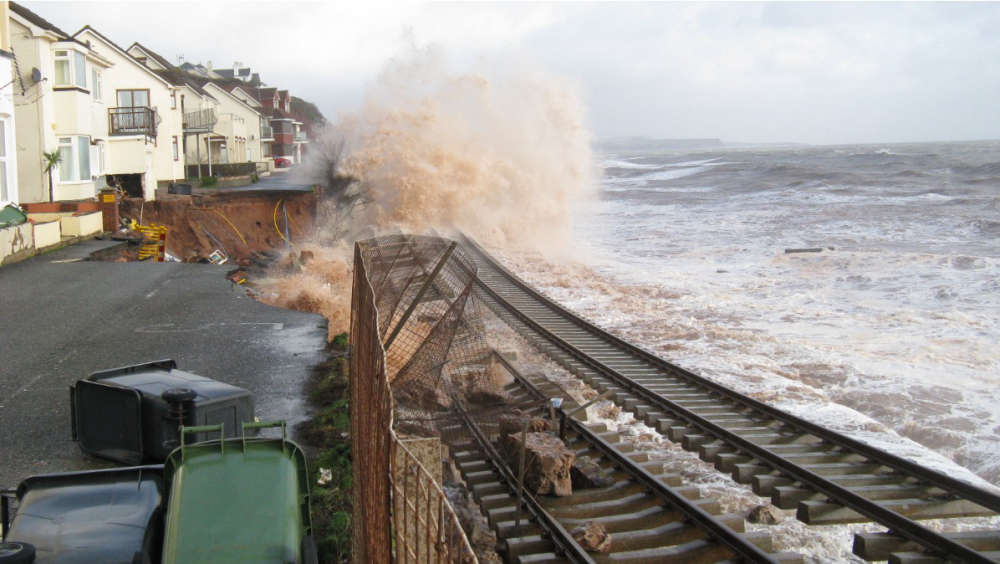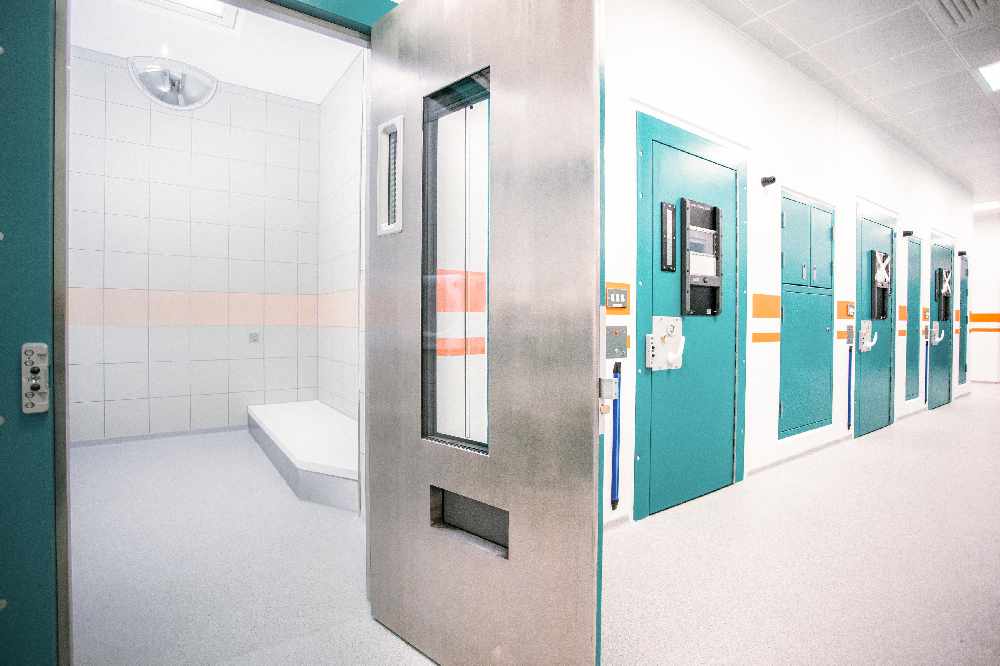
Council hears 41,000 households affected by fuel poverty.
The report outlined how 14 per cent of the local authority’s children are living in poverty (before housing costs), but that rises to 25 per cent (after housing costs) are taking into account.
More than 10 per cent of children are entitled to free school meals, the report added, and also says that 41,000 households in the county are affected by fuel poverty.
Cllr Rob Hannaford, chairman of the Children’s Scrutiny Committee, said that the figures were shocking and in many areas, including Devon, growing up in poverty is not the exception but the rule.
Commenting on the report after the meeting, he said: “These local figures for child poverty in Devon are truly shocking, and it’s completely unacceptable and wrong in 2019, in one of the richest countries in the world, that we are still dealing with this most basic of issues affecting so many children.
“Large numbers of people seem to just wrongly assume that because we live a beautiful part of the country, that we don’t experience the same serious social problems that other areas do. These new figures again show in stark reality that this is just not the case, and much of our poverty and hardship is hidden by the affluence that some others have.”
Cllr Hannaford added: “Thousands more families across Devon, are living on the cusp of the poverty line. One unexpected setback – like redundancy or illness – could push them into the poverty trap.
“Overall there are more than four million children in the UK growing up in poverty. The situation is getting worse, with the number set to rise to five million by 2020. And those poverty rates have risen for every type of working family – lone-parent or couple families, families with full and part-time employment and families with different numbers of adults in work. This is the first time in two decades this has happened, and incredibly it is happening at a time of rising employment, and these figures in Devon are in line with these trends.
“But the evidence is clear – poverty can make existing vulnerabilities worse. Growing up in poverty puts at risk the building blocks of a good childhood – secure relationships, a decent home, having friends and fun, and an inspiring education.
“A child is said to be living in poverty when they are living in a family with an income below 60 per cent of the UK’s average after adjusting for family size. So it’s just not acceptable that some people still seem to trot out the same old tired response that no one is really in poverty these days, and it’s like Victorian times or the 1930s, such as when children didn’t have shoes on their feet.
“My grandparents were brought up in near slum conditions, and at times they also did not have proper shoes, and went hungry, are we really seriously saying that we want to inflict all this misery and hardship on children today?”
He continued: “Clearly the biggest driver for children’s poverty nationally and locally is the profound lack of social, affordable, decent housing. The figures are stark. 120,000 children in England are living in temporary accommodation. There are also 90,000 children living in families who are ‘sofa-surfing’. And of course this accommodation is usually terrible.
“B&Bs where sometimes the bathroom is shared and there is nowhere to cook. Places where vulnerable adults can be living on the same corridor. Office block conversions – individual flats the size of a parking space, where families live and sleep in the same single room. And even converted shipping containers – cramped and airless – hot in the summer, freezing in the winter. This is a reality that shames the whole nation.
“Rising living costs, low wages and cuts to benefits are creating a perfect storm in which more children are falling into the poverty trap. Shockingly, two thirds of children living in poverty have at least one parent in work. Many families are struggling to cope with the rising cost of living. The prices of essentials like food and fuel are going up and this hits Britain’s poorest families hardest. We know that parents are skipping meals so they can afford to feed their children, and in winter many families are forced to make the impossible choice of feeding their children or heating their homes.
“So we know what actually causes child poverty and we know how to end it. We know that the income of less well-off families has been hit by severe real-terms cuts in benefits and by higher housing costs. And we know that work does not always guarantee a route out of poverty, with two thirds of child poverty occurring in working families.
“Yet in many areas, including Devon, growing up in poverty is not the exception, it’s the rule, with more children expected to get swept up in poverty in the coming years, with serious consequences for their life chances. Policy makers can no longer deny the depth and breadth of the problem, and the Government must respond with a credible long term child poverty reduction strategy.”
The report revealed that in primary schools, 10.9 per cent of pupils are entitled to free schools meals, and 10 per cent in secondary schools, but Cllr Hannaford feared that the numbers were in reality much higher.
He added: “The percentage is shocking, but there is a feeling in rural areas that it may be more as there is a stigma about people and they don’t claim it so they don’t have the finger pointed at in the local community.”
Cllr Margaret Squires, who represents the Creedy, Taw & Mid Exe ward, added her concerns to those of Cllr Hannaford.
She said: “A headteacher who had moved down here from London said to me the deprivation they see is different. Down here, people don’t want others to know they have free school meals, so they are working every hour they can. But it means that the children are missing out as the parents are so tired, they haven’t got the time to sit and listen to them read.
“I my area, we are virtually fully employed, but some of them work two jobs so they can live in the area, and to survive, they are working all these hours, but it not recorded as deprivation as they don’t have time to sit and read with their children.”
The figures in the report showed at as of September 1, 2019, 771 children were being looked after by the council – a rate of 54.8 per 10,000 children – an increase from 750 – 52.2 per 10,000 children – at March 31.
At September 1, 2019, 3,219 children had been identified through assessment as being formally in need of a specialist children’s service, an increase from 3,318 in March 2019, but the number of children subject of a child protection plan had decreased from 518 to 505 between March and September.
The report also said that there were 25 unaccompanied asylum-seeking children in the area, and that eight children and young people who turned 18 years old and who were in the care of the local authority were living in unsuitable accommodation during 2018-19.
Cllr Linda Hellyer questioned what the council was doing about it, why they were unsuitable, and what have we done to get them somewhere better.
In response, Darryl Freeman, Head of Children’s Social Care, explained that the definition of unsuitable included prison, where two of the eight were in custody. He added that the council will continue to work with them, assuming they allow them to remain in touch, and to ensure that they have choices once they leave custody.
The report also added that the top three risks for the future were increase in demand, across all services, recruitment and retention, particularly of experienced social workers, and sufficiency of provision for special needs children and placements for Children in Care.
The council also earlier this year adopted a new Children and Young People’s Plan, which is the single plan to co-ordinate developments for the next three years.
Each priority in the plan has a detailed strategy/ action plan below it with a multi-agency group led by a senior manager from the partnership.
The self-assessment report was noted by the committee.
 New service station could be built near Barnstaple
New service station could be built near Barnstaple
 Devoncast- Murder in Sidmouth with Jeremy Vine, crumbling cliffs and fake tweets for the birds
Devoncast- Murder in Sidmouth with Jeremy Vine, crumbling cliffs and fake tweets for the birds
 Concern as under half of Devon residents eat their 5-a-day
Concern as under half of Devon residents eat their 5-a-day
 Dawlish cliffs could collapse at any time
Dawlish cliffs could collapse at any time
 Two murders in Cornwall
Two murders in Cornwall
 Councillor owes more than £3,000 in council tax
Councillor owes more than £3,000 in council tax
